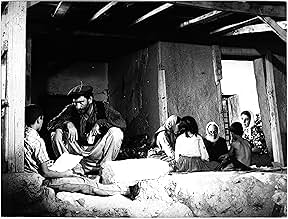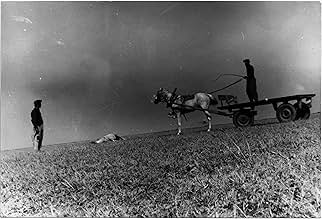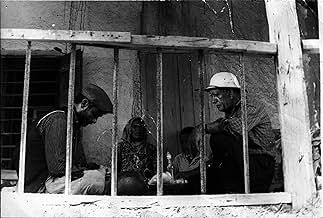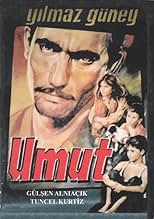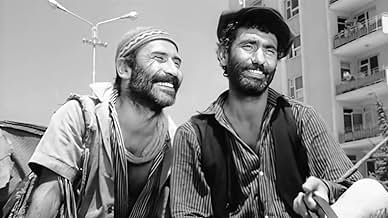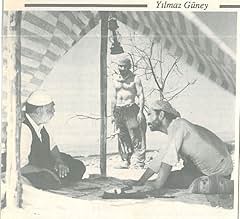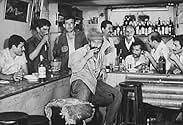"The Assurance that Hope gives is both most pleasant and also most necessary to an existence amidst so many nearly insupportable woes." In these lines from Peter Bruegel's 1560 woodcut, we see Hope surrounded by men involved in one calamity after another of which survival seems impossible; whether drowning at sea or being eaten by sharks, imprisoned or tortured, or on the verge of losing their homes to fire. Is hope a worthwhile thing to have the artist is asking in such hopeless situations? Is it even possible for it to be otherwise for mankind?
Umut means Hope in Turkish and when you are so destitute and poor with children who stare at you with hunger that is all you can sometimes have in life: A life which is so unjust and unfair, where the idle rich live in luxury on inherited wealth while the poor slave away for near subsistence. Neo-realistic in tone and beautifully photographed. It's hard not to be moved by the protagonist's desperate plight. It is a critical film about the inhumanity of the capitalist system by a socialist filmmaker.
Umut is a rural driver. Instead of a cab, he owns a horse and buggy carriage. Like all working people, he is up to his eyeballs in debt with the banks and other creditors. After all, no working man is allowed to survive on just his salary, the system is rigged to be that way in order to keep us all debt slaves. When the automobile of a rich man kills his horse and the bank forecloses on the other, his life is drastically changed. As a poor man, he knows he can't realistically fight neither the rich man who hit his horse nor the banks who foreclosed on his horse for in a class society neither justice nor charity can prevail. With no ability to feed his family, no jobs to be had, despair quickly sets in until a friend tells him about an Imam that can help them find buried treasure. Despair turns to hope and as more despair sets in, the main character turns more and more to ever greater degrees of hope with the aspiration it will keep him sane.

